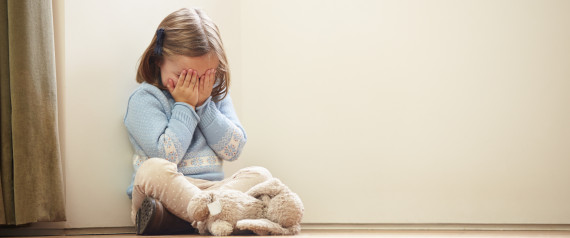 Death is never easy. And the death of a young person is especially heartbreaking and traumatic. There was so much future and so much possibility that is now forever gone. There will be no more birthdays, graduations or wedding days. This young life, full of potential and promise, has ended in the blink of an eye and you are left reeling in shock and confusion. How could this happen? Why did this happen? Why wasn’t my child spared?
Death is never easy. And the death of a young person is especially heartbreaking and traumatic. There was so much future and so much possibility that is now forever gone. There will be no more birthdays, graduations or wedding days. This young life, full of potential and promise, has ended in the blink of an eye and you are left reeling in shock and confusion. How could this happen? Why did this happen? Why wasn’t my child spared?
The loss of a young person leaves you speechless and shaking with emotion. How is it possible to walk through this miasma of agony and grief? You imagine your young one at the table. You instinctively listen at the door for him to come home or for her to dance into the living room. You crave any and all conversation about your son or daughter, niece or nephew or grandchild. You relish hearing stories and escapades. You smile. You cry. You learn that your young person was loved and cherished by others as well. Memories serve as your very best medicine.
Your mind goes into overdrive accessing every snippet of his or her short life. You want to remember everything in great, sensory-laden, Technicolor detail. You search for the sweet, the silly, the outrageous, and, even, the horrifying. Sometimes, you may judge yourself harshly for your all-too-human responses, reactive outbursts and your real or perceived wrongdoings. Give yourself time and space to acknowledge all of your feelings. Endeavor to be kind and compassionate towards yourself. The reality is that you loved, parented and guided the best way you knew how at that very moment in time.
You want to scream to the world at large. Sleep is often an anathema. Understandably, especially with sudden deaths, your anxiety and the concomitant fear of the future – notably with surviving siblings — ratchets higher. Nothing feels safe. Nothing feels right. And there is the “who-cares-anymore” well of depression. You are in a place you never imagined, much less prepared for: you are in hell.
Dealing with this anguish and sorrow is a rocky, uneven road. Eventually, you manage to put one foot in front of the other, even if you have been robotic and numb. Sometimes that is the only way you have been able to protect yourself from the tidal waves of feelings that turn you upside-down and leave you flattened, gasping for breath.
Life continues, day after day. Your heart is re-arranged by the devastating loss of your child. You are aware that you hold life even more preciously. This young death seems antithetical to the chronology of life. You were never meant to outlive your young one.
The emotional pain is searing and unrelenting. You didn’t know it was possible to hold the weight of this much grief. You never realized that you could love so intensely and grieve so deeply. You feel so very raw and tender. Your heart has exploded.
The grief is unpredictable and crazy-making. It is not a linear process; it is labyrinthine passage — unique and idiosyncratic for each and every one. There is no right or wrong, good or bad or, even, a specific time frame. Grief can be complicated, especially with unexpected deaths. It takes time — as much time as you need — and gentleness to work through the many layers of feelings for you to find a breathable perspective on your devastating reality.
And in the throes of accepting the heart-shattering reality of your loss, you may look for signs or symbols that connect you with your loved one. The dog barking madly in your now-absent son’s room; a big heart drawn on the sidewalk on a special date; a dream where you have a conversation with your child; or a girl, so like yours, who approaches you and hugs you for seemingly no logical reason. It feels as if the universe is offering you comfort and connection. And this may soothe your aching heart.
You want your loss to matter, to mean something. You decide to take action and you put feet on your grief. Perhaps, you create a remembrance to never forget or you bring energy and life to some course of action that honors your loved one. Out of your heartbreak, you look to create alchemy that allows something new, tender and hopeful to grow out this tsunami of grief. This precious loss will not be in vain, not on your watch.
The loss of your young person does not fade away, nor does it diminish over time, but it can be transformative. You carry a wiser, more compassionate heart because you have swum in the murky, heavy waters of grief. You understand more fully that life is dearest and most meaningful when shared with others.
Perhaps, most surprisingly, you discover that the wide-open explosion of your heart created a kind of spontaneous combustion that allows you to hold a still-point of light. You are now able to illuminate the dark for others who have been sucker-punched by grief. And this heart light will hold you steady as you breathe and step forward into a new day, knowing that you carry your young one with you, now and forever more.
